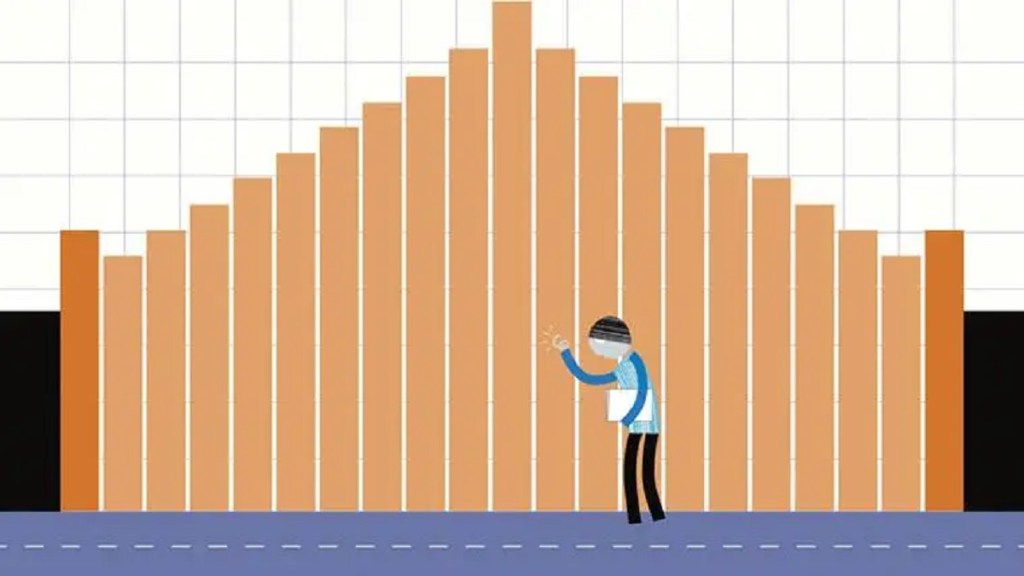A joint report by Indeed, a job search company, and Forrester Consulting revealed that merely 24 per cent of employees within Indian organisations enjoy a high level of well-being in their workplaces. According to the findings, more than three-quarters of the workforce in Indian businesses reported experiencing low levels of well-being.
Interestingly, this pattern extends globally, with the survey results indicating that Indian organisations closely align with the worldwide average of thriving employees, which stands at 25 per cent.
Employees ‘thriving at work’
Employees characterised by elevated well-being are categorised as ‘thriving at work.’ According to the University of Oxford Wellness Research Centre, these employees exhibit specific attributes and experiences, including substantial job satisfaction, minimal work-related stress, heightened levels of positivity and happiness, and a strong sense of purpose within their roles at their respective organisations.
The study also highlighted a noteworthy trend: a mere 20 per cent of the Gen-Z cohort (18 to 26-year-olds) were classified as thriving employees, in contrast to the older Millennials (24 per cent) and Gen-X (27 per cent).
Generational Gap
The generational divide is further evident in the level of trust employees place in their employers’ commitment to prioritising well-being. The study indicated that 67 per cent of Gen-Z believe their employers link well-being and happiness to business success, while the figures for Millennials and Gen-X were 78 per cent and 74 per cent, respectively.
Moreover, an overwhelming 88 per cent of individuals believe it’s crucial to find companies that demonstrate concern for their emotional well-being.
Methodology
Forrester conducted an online survey commissioned by Indeed, engaging 2,132 respondents in India to assess their overall well-being at work. The participants included adults actively engaged in the workforce, encompassing those aged 18 and above who work full-time, part-time, or have been unemployed for less than two years and are receptive to new opportunities.

